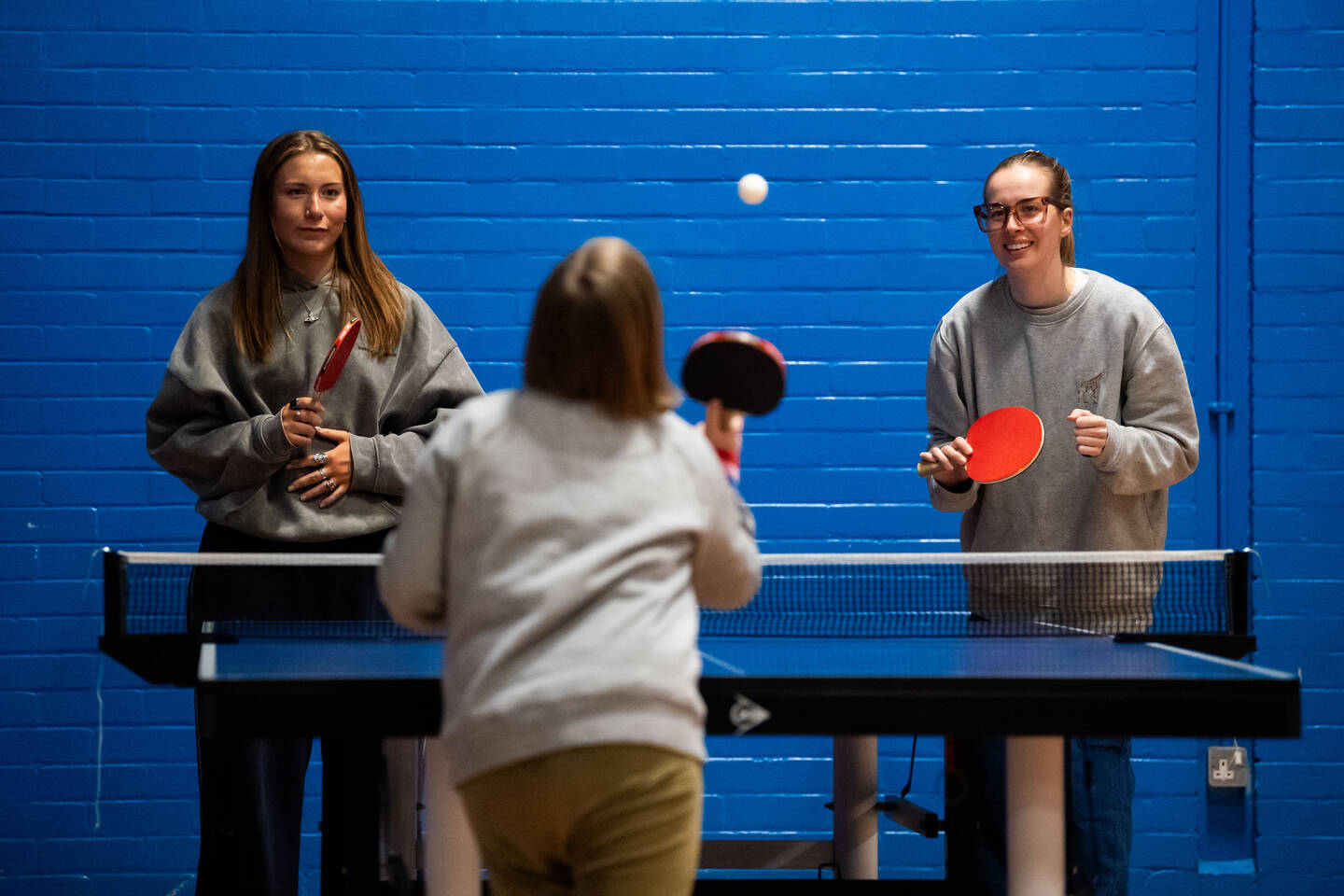YST report highlights inequalities in children’s sport and activities
Youth Sport Trust’s PE and School Sport Report is a comprehensive annual analysis of the state of PE, school sport and physical activity across the UK.

The latest release has found that physical activity levels of children have stagnated globally and across the UK. Children with special educational needs and disabilities (SEND) were found to be one group facing the greatest barriers to being active.
The report shows the scale and complexity of challenges facing children and young people continues to grow. It contains a summary of the latest research, evidence and insight on the importance and impact of PE, school sport and physical activity.
The Youth Sport Trust Class of 2035 survey found that young disabled children were significantly less likely to have attended at least one before or after-school physical activity club in the last six months than their non-disabled peers.
Disabled children were also more likely to report aspects that they do not like about their PE lessons in school. For example, they were more likely than their non-disabled peers to worry that they will let the team down, worry about getting hurt, feel that they are not very good at exercise or sports and feel self-conscious about their body.
Disabled young people were more likely to report that they were not able to play sports as often as other people their own age, than non-disabled children. When asked about the things that being active (like playing sports and doing PE) can help them to achieve, disabled children were overall less likely to identify the benefits of being active than their non-disabled peers, suggesting less positive attitudes towards physical activity amongst this group.
Ali Oliver MBE, Chief Executive of Youth Sport Trust, said:
“Our children are moving less, feeling unhappier, and losing access to the transformative power of PE contributing to stagnant physical activity levels. The fall in PE hours is sadly an exacerbation of a longer-term trend and should be a wake-up call to society, from policymakers to schools and parents.
“We know being active improves children’s health, happiness and readiness to learn, as well as playing a vital role in supporting brain development. Unless we take action to reverse these damaging trends and increase activity levels to improve wellbeing, we risk failing a generation.
“Despite the challenges children and young people are facing, our report uncovers a powerful and consistent message of hope from young people, educators, and families: they value physical activity, they recognise its benefits and they want more of it. It is time for a different approach to reverse these worrying trends and ensure that PE, sport and play are given the status and time they deserve in our education system and society.
“With the Spending Review on the horizon and ongoing opportunities for change, now is the time for the Government to act to unlock the power of PE, sport and play to improve young lives.”
You can read the full report on the Youth Sport Trust website.
The Activity Alliance Inclusive PE eLearning course is designed to improve staff confidence delivering inclusive PE to create outstanding inclusive PE experiences for every pupil regardless of their abilities.
It can help practitioners working in schools, colleges and other educational settings include pupils with Special Education Needs and Disabilities (SEND). Find out more on the Activity Alliance Learning Hub.